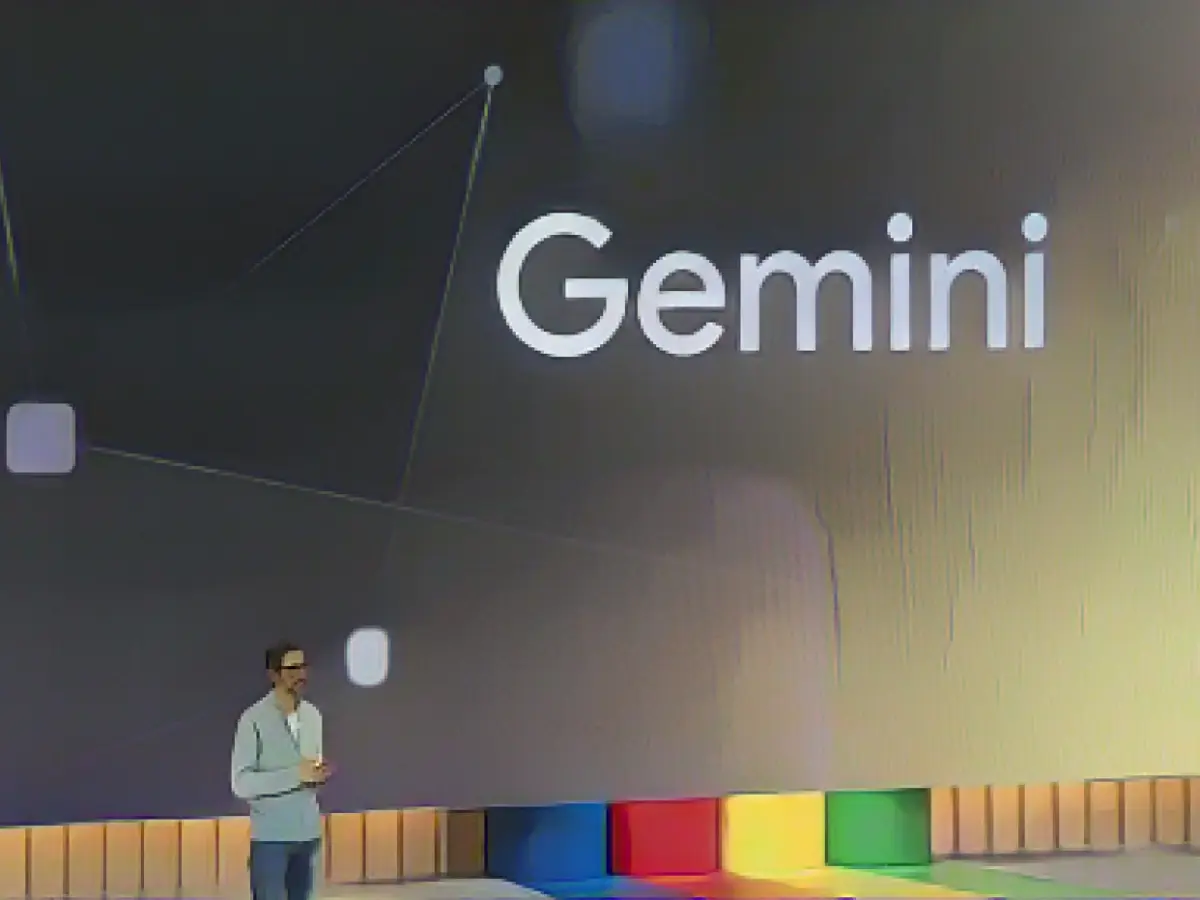Google introduces its latest AI model, Gemini, as their most advanced offering yet, aiming to challenge market leaders like ChatGPT. Google positions Gemini as their "largest and most capable AI model" and heralds a new "Gemini era" for the tech giant.
This model differs from traditional AI, as it's "multimodal," accepting various types of media, such as text, images, audio, video, and code. During a recent blog post, Google CEO Sundar Pichai noted the company's considerable investment in Gemini, marking one of Google's largest scientific and technical ventures.
Google announced plans to incorporate Gemini into popular products like Google Search and Chrome, which are used by millions worldwide. Bard, Google's proprietary AI chatbot, already employs an updated Gemini model and plans to integrate it widely, including into Google Search, Chrome, and other popular platforms.
The announcement marks an attempt by tech giants like Google to recapture the momentum lost to OpenAI's ChatGPT, which sparked a rapid advancement in AI tools and technologies. Furthermore, Google seeks to extend the reach of generative AI even into its most distant domains.
Google provides three Gemini 1.0 sizes: Nano, tailored for mobile devices and app developers; Pro, suitable for a wide range of tasks and users; and Ultra, Google's most advanced model, claimed to be on the cutting edge of AI technology. While still undergoing security reviews, the Ultra model represents the pinnacle of AI complexity.
Google introduced cloud computing advancements as part of the event, presenting a new generation of powerful cloud-based processors that enable Gemini to be trained nearly three times faster than previous versions. This technology will also be available to Google Cloud customers, potentially revolutionizing the AI sector, making AI learning more accessible, and further consolidating Google's position as the third-largest cloud service provider.
Google revealed that the Gemini model outperformed competitors in over 20 common benchmarks used by AI researchers to measure readability, mathematical capabilities, and multi-step reasoning abilities [Source: Ars Technica].
Eli Collins, Google's Vice President for Products at DeepMind, acknowledged the potential risk of misleading results from AI models, drawing concern from civil society groups, political decision-makers, and researchers [Source: Ars Technica]. Collins pointed out that Google has been working diligently to improve Gemini's realism but agreed that powerful language models could still generate hallucinations, or inaccurate results [Source: Ars Technica].
Google hopes to mitigate these concerns by integrating additional technologies to refine the model's responses. They will gradually roll out the most advanced version of Gemini, Ultra, to select developers, partners, and security and liability experts for pre-launch testing and feedback. The release is expected in early 2024. [Source: Ars Technica]
A third-party security assessment, known as a Red Team assessment, is currently underway for Gemini Ultra. This evaluation focuses on ensuring the model meets security standards and guidelines.
In summary, Google's launch of Gemini marks a significant push in the AI competition, offering multimodal capabilities and improved performance across popular platforms. However, building on the success of ChatGPT, it requires addressing challenges associated with AI, including misleading results, realism, and ethical considerations.






